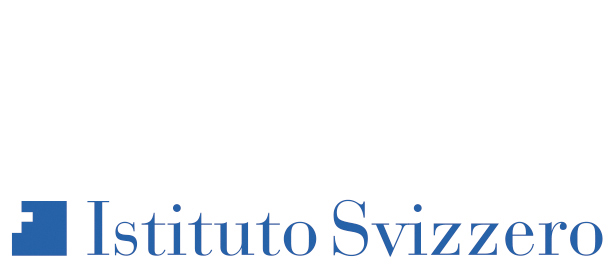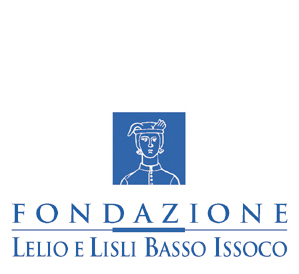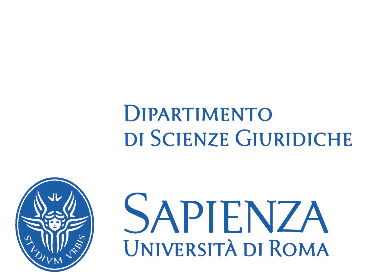[ Scholars ]
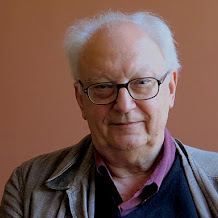
Étienne Balibar
Étienne Balibar is professor emeritus of Political and Moral Philosophy at the Université Paris Ouest, and presently teaches at the University of California at Irvine. He is one of the most well known and influential Marxist thinkers, and his political writings on Europe, democracy and citizenship have been translated all over the world. In recent years he has developed an intense dialogue with part of Western feminist thought, and with scholars like Judith Butler, Rosi Braidotti and Wendy Brown.
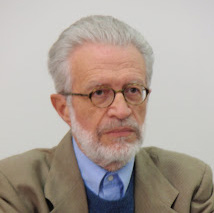
Pietro Costa
Pietro Costa has taught History of Law at the Universities of Salerno and Macerata, and History of Medieval Law at the Università di Firenze. He was director of the prestigious magazine Quaderni Fiorentini per la storia del pensiero giuridico moderno, founded by Paolo Grossi, and is a member of the board of advisors of Diritto pubblico. His research interests include the history of citizenship, the history of justice, democracy and colonial law.
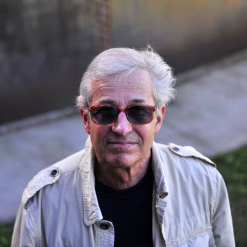
Giuseppe Duso
Giuseppe Duso has taught Political Philosophy at the Università degli Studi di Padova. He has translated into Italian an original line of studies based on the interpretation of the German Begriffsgeschichte of Brunner, Conze and Koselleck as political philosophy. For Duso, conceptual history studies the logic and aporias of the main modern political categories. In recent years his research has focused on the study of federalism as another way of thinking about and practicing politics.
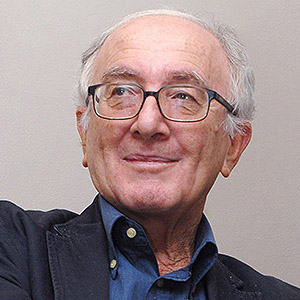
Luigi Ferrajoli
Luigi Ferrajoli is a professor of Philosophy of Law and General Theory of Law at the Università di Roma Tre. One of the leading theorists of Italian law, his studies on democracy, constitutionalism and defense of civil liberties are known all over the world. In recent years his thinking has prompted great interest in the Latin American constitutional laboratory. He contributes to various Italian, Spanish and Argentine law journals.
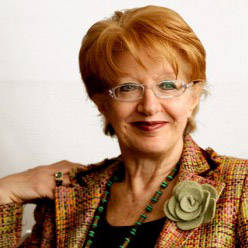
Maria Rosaria Ferrarese
Maria Rosaria Ferrarese is a professor of Sociology of Law at the Università di Cagliari. She has conducted research at the École des Hautes Études en Sciences Sociales of Paris and George Washington University. Since 2001 she has been a full-time teachers at the Scuola Superiore della Pubblica Amministrazione, conducting research and training for administrators. She is one of the leading scholars in the field of globalization of law and governance.
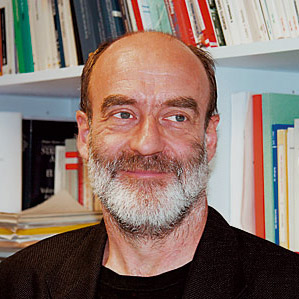
Hanspeter Kriesi
Hanspeter Kriesi has taught at the Universities of Amsterdam, Zurich and Geneva. In Zurich he directed the CIS − Centre for comparative and international studies. Since 2012 he has held the Stein Rokkan chair in Comparative Politics at the European University Institute in Florence. His research concentrates on political participation, direct democracy, electoral behavior, political communication and social movements.
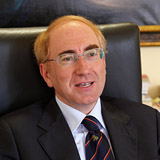
Luigi Lacchè
Luigi Lacchè is a professor of History of Medieval and Modern Law at the Università di Macerata and presently holds the position of Rector at that same university. His main research interests include history of penal law, history of justice in the modern and contemporary era, history of constitutionalism in France, Switzerland, Germany, Belgium and Italy. In 2001 he founded the Giornale di storia costituzionale, where he is still the editor.
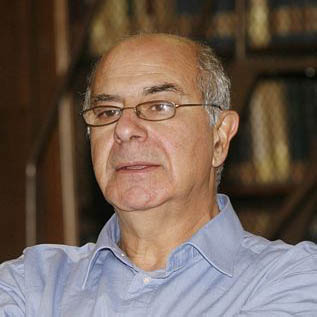
Giacomo Marramao
Giacomo Marramao is a professor of Political Philosophy and Theoretical Philosophy at the Università di Roma Tre, and scientific director of Fondazione Lelio e Lisli Basso. During the 1970s his work compared the European Marxism of the 1920s and 1930s with Schmittian analyses of the transformations of the concept of politics. In dialogue with the school of Frankfurt, he has also proposed a reinterpretation of modernity in a genealogical-symbolic vein.
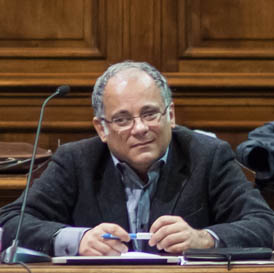
Sandro Mezzadra
Sandro Mezzadra teaches Political Philosophy at the Università di Bologna. His work has concentrated for many years on the various questions involved in the development of contemporary political theory. In recent years his studies have focused in particular on the relationship between globalization, migrations, citizenship and transformations of labor, in dialogue with postcolonial studies, which he has contributed to introduce in the Italian and Spanish debate.
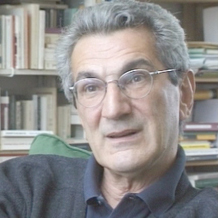
Antonio Negri
Antonio Negri has taught Doctrine of the State at the Università degli Studi di Padova and in many other prestigious European universities. After exile in France, Negri has emerged as one of the most influential intellectuals in the contemporary debate. His works on Marx, Machiavelli and Spinoza, on constituent power and the transformations of the State form, some written while in prison, have opened up new fields of research on a global level.
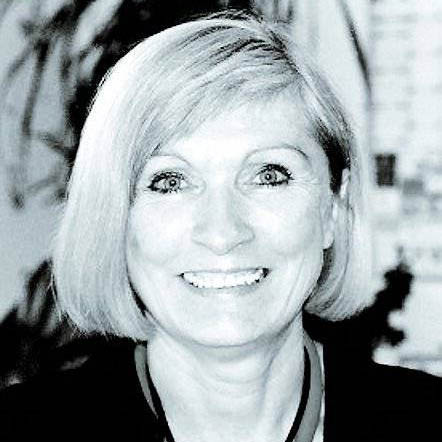
Chantal Mouffe
Chantal Mouffe teaches Political Theory and directs the Department of Political and Social Sciences at the University of Westminster in London. A post-Marxist philosopher, theorist of non-liberal and non-deliberative democracy, she is renowned on a global level for her works, the result of a long collaboration with Ernesto Laclau, aimed at rethinking the concept of the political and that of hegemony, through an original reinterpretation of the work of Antonio Gramsci.
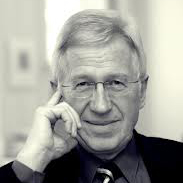
René Rhinow
René Rhinow has taught Constitutional Law, Administrative Law and Economic Law, and has been the Dean of the School of Jurisprudence of the Universität Basel. A Liberal, previously a cantonal judge, a Swiss senator from 1987 to 1999 and president of the Swiss Senate in 1999. He has also chaired the committee of political institutions and the constitutional commission. His interests include research on democracy, fundamental rights and federalism.
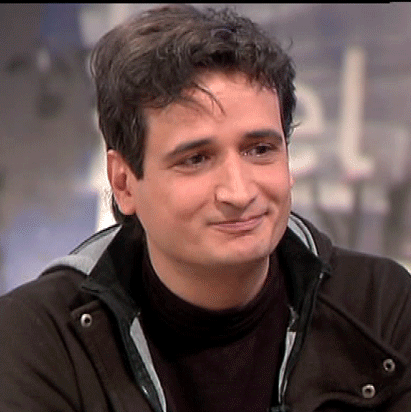
Raúl Sánchez Cedillo
Raúl Sánchez Cedillo works as a translator and interpreter in the city of Madrid. He has done the Spanish translation of the essays of Luis Althusser, Antonio Negri and Félix Guattari. With a background in philosophy, is is part of the Universidad Nómada and the Fundación de los Comunes. In recent years he has taken an active part in the 15-M movement, and his reflections focus on democracy, constituent processes and the constitution of European political space.
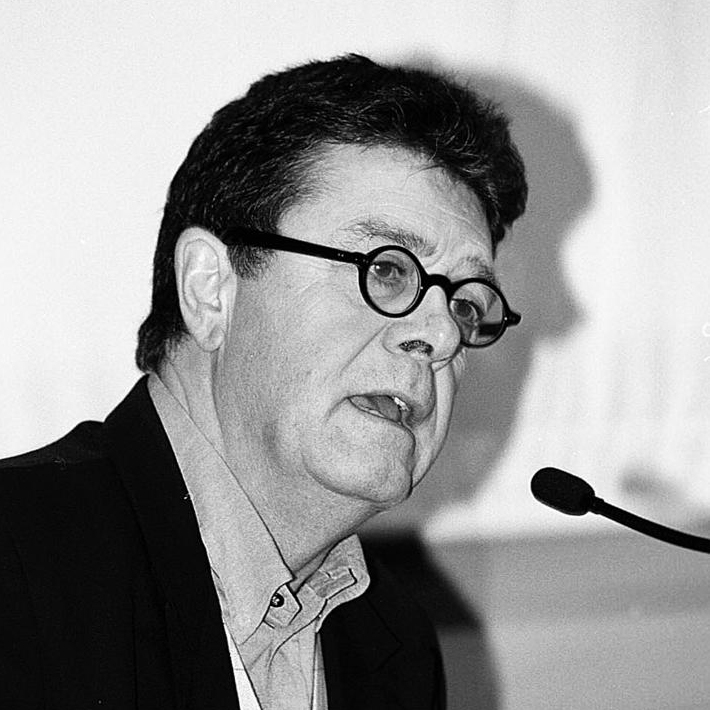
Pierangelo Schiera
Pierangelo Schiera is professor emeritus in History of Political Doctrines at the Università di Trento and honorary professor at Humboldt-Universität in Berlin. He is one of the founders of the Istituto Storico Italo-Germanico of Trent. From 1997 to 2001 he was director of the Italian Cultural Institute in Berlin. His research concentrates on the formation and transformations of the modern State, the history of administration, and German constitutional history.
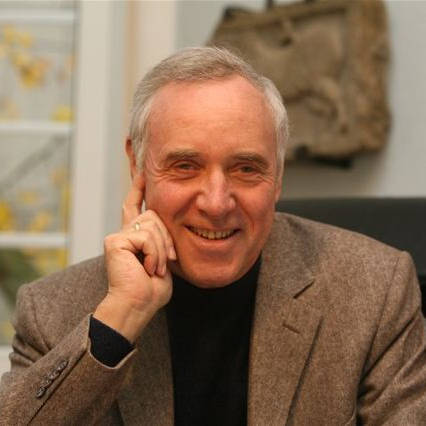
Gunther Teubner
Gunther Teubner has taught in prestigious European institutions like the Goethe-Universität Frankfurt, the European University Institute in Florence and the London School of Economics, where he held the Otto Kahn Freund chair. From 2010 to 2013 he taught at the International University College of Turin. His research focuses on the relationships between law and other social systems, globalization of law and processes of constitutionalization of the civil spheres.

